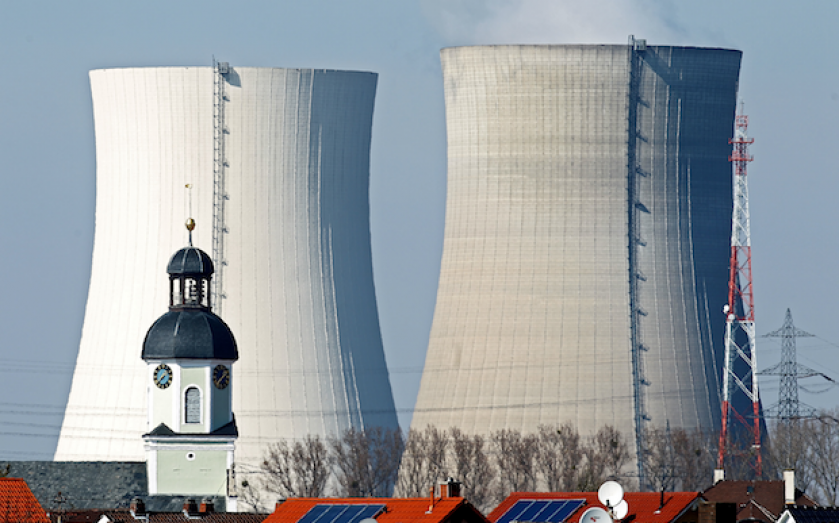Merkel told to abandon green subsidies

Angela Merkel should abolish renewable energy subsidies due to their lack of cost-effectiveness, according to a report from the Expert Commission on Research and Innovation that will be presented to the chancellor on Wednesday.
The commission took aim at the Green Renewable Energy Act (EEG), which cost €22bn (£18bn) in subsidies last year. The body found that the impact of the law on climate change had been over-estimated, particularly the threat posed by "very low technology-specific innovation impact in Germany."
The renewable energy market in Germany has increased dramatically since the EEG was passed, but the Commission found that companies had been incentivised to exploit market potential instead of investing research and development.
The EEG even fails to adequately contribute to the reduction of carbon emissions, since Germany's energy-intensive industries are capped by the EU emissions trading scheme.
The Committee could not have been more explicit in their condemnation of the policy:
The EEG can not be justified in its current form, not least from the perspective of innovation policy.
Germany's citizens have paid a heavy price for the country's commitment to green policies.
In 2013, a four person German household payed €220 (£134) in green levies, leaving Germany with the highest electricity costs in Europe. Germany has already spent over €100bn (£83bn) subsidising solar power.
Europe's largest economy still hopes to provide 80 per cent of its electricity generation through renewables by 2050 compared to 25 per cent today.
However, despite Germany's lavish investment in green energy the share of electricity generated by coal has soared to its highest levels since 1990. Brown coal (lignite) and bituminous coal together accounted for 45.5 per cent of Germany's energy production in 2013. This was up from 44 per cent the previous year.